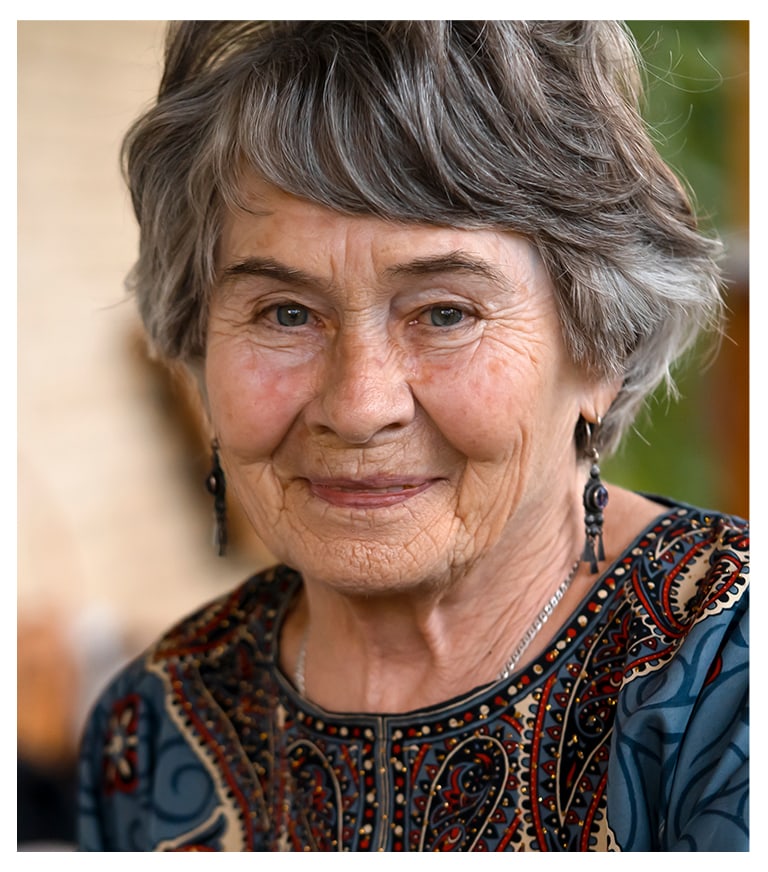Dementia is a term used to describe a range of symptoms associated with cognitive decline, memory loss, and difficulties in everyday activities.
One of the most common types of dementia is vascular dementia, which is caused by reduced blood flow to the brain.
Vascular dementia progresses slowly over time, and understanding the different stages of this condition can help caregivers and medical professionals provide the best possible care and support.
The 7 stages of vascular dementia will determine the level of care required for the individual experiencing this disease, and they include:
- No impairment
- Very mild cognitive impairment
- Mild cognitive impairment
- Moderate cognitive impairment
- Moderately severe cognitive impairment
- Severe cognitive impairment
- End of life .
The Grande at Creve Coeur offers memory care–a personalized approach to care specifically for those with dementia.
What Is Vascular Dementia?
Vascular dementia is a general term describing problems with reasoning, planning, judgment, memory, and other thought processes caused by brain damage from impaired blood flow to the brain.
Your brain needs a steady supply of blood for it to function properly. If the blood supply gets interrupted, such as through a stroke, it can lead to this type of dementia. It’s the second most common cause of dementia after Alzheimer’s disease.
Stage 1: No Impairment
The first stage of vascular dementia is characterized by no impairment in cognitive function and memory. During this stage, individuals may only experience high blood pressure, high cholesterol, and other health problems that can increase the risk of stroke and vascular dementia.
Preventive measures such as a healthy diet, regular exercise, and medication can help reduce the risk of stroke and slow the progression of vascular dementia.

Stage 2: Very Mild Cognitive Impairment
At this stage, individuals may experience very mild cognitive impairment, such as forgetfulness and difficulty with problem-solving, as the brain adjusts its function as it receives less blood and less oxygen.
These symptoms may not be noticeable to family members or friends but may become more apparent over time.
Caregivers can help by encouraging the individual to stay mentally active through puzzles, games, and social activities and trying to address underlying health conditions.
Stage 3: Mild Cognitive Impairment
During this stage, individuals may experience more noticeable cognitive impairment, such as memory loss, difficulty with daily activities, and problems with communication.
Caregivers can help by providing a safe and structured environment, encouraging social interaction, and using memory aids such as calendars and reminders.
Stage 4: Moderate Cognitive Impairment
During this stage, memory loss and cognitive impairment become more severe. Individuals may experience significant personality changes, have difficulty with familiar activities, and require more assistance with everyday tasks.
Caregivers can help by providing a calm and consistent routine, using visual aids to aid communication, and addressing any behavioral problems through medication or counseling.
Stage 5: Moderately Severe Cognitive Impairment
During this stage, individuals may require round-the-clock care and support. Communication becomes more difficult, and individuals may have difficulty recognizing familiar faces and objects.
Caregivers can help by providing a calm and supportive environment, addressing any physical or medical needs, and helping the individual maintain social connections through activities that they enjoy.
Stage 6: Severe Cognitive Impairment
At this stage, individuals may experience loss of motor function, difficulty eating and swallowing, and require more intensive care.
Caregivers can help by providing compassionate and attentive care, creating a soothing and familiar environment, and addressing any end-of-life issues in consultation with medical professionals.
Stage 7: End of Life
During the final stage of vascular dementia, individuals may experience severe physical and cognitive decline. Caregivers can help by providing comfort and support during this difficult time, addressing any medical or spiritual needs, and ensuring that the individual receives compassionate end-of-life care.
Support Options for Vascular Dementia
If you’ve got a family member with vascular dementia, don’t hesitate to ask for help when you need it. This could mean asking other family members and friends or reaching out to local services for additional care needs.
Occupational therapy can also be beneficial. An occupational therapist can provide advice and support on ways to keep your loved one independent.
Reminiscing and encouraging discussions about familiar people and places can evoke pleasant feelings for both you and your loved one.
Also, make sure you understand your family member’s condition and how it could possibly change. Ask your family doctor about any available resources.
There’s also ALZConnected, a free online community for everyone affected by Alzheimer’s or other dementia-related conditions, including their caregivers.
Many senior living communities that specialize in Memory Care, like The Grande at Creve Coeur, offer support groups that allow caregivers to discuss needs and challenges.
Support Through a Dementia Diagnosis
With patience, compassion, and knowledge, we can help individuals with vascular dementia live fulfilled and supported lives.The Grande at Creve Coeur offers memory care to help give your loved one the attention and care they deserve. We encourage you to explore our community options and find one that suits you.









